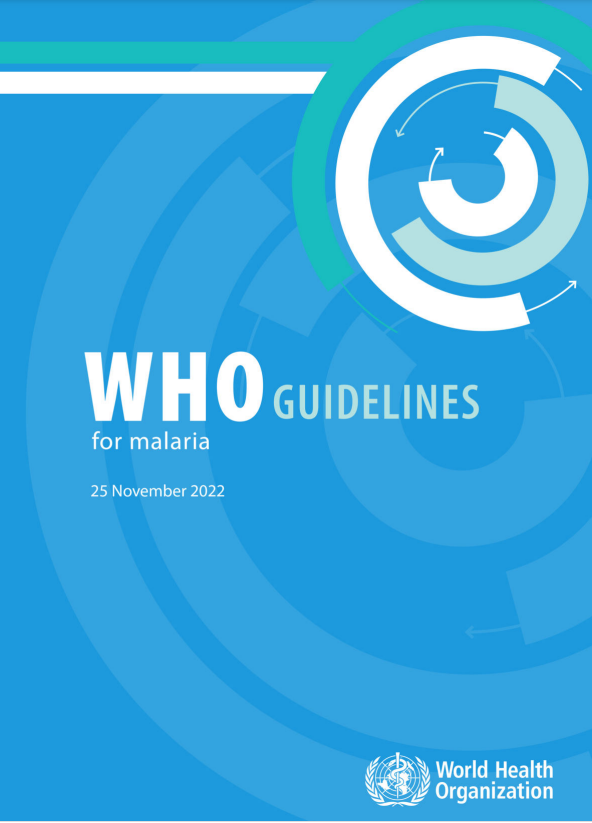Last Updated: 18/06/2024
Optimization of antimalarial treatment for pregnant women: a pharmacoepidemiological approach
Objectives
The purpose of this study is to analyze the relationship with response and examine the appropriate dose of antimalarial drugs that are safe and highly effective for pregnant women by measuring the blood concentration of antimalarial drugs when used during pregnancy and clarify the factors contributing to the decrease (or increase).
Malaria is a fatal infectious disease that is prevalent throughout the world in tropical and subtropical regions. More than 200 million people are affected and 400,000 die each year. Pregnant women are known to be particularly susceptible to malaria, and to be more likely to become seriously ill if infected. In addition, it has been reported that contracting malaria during pregnancy may adversely affect not only the mother’s body but also the survival and development of the fetus, long-term growth after birth, and chronic diseases after adulthood. Preventing malaria from more than 100 million pregnant women living in malaria-endemic areas and treating them appropriately will save both mothers and children. However, research into therapeutic agents for pregnant women has generally not progressed much. Usually, doses for non-pregnant adults are often used, but generally the pharmacokinetics during pregnancy have changed since non-pregnancy, and doses for non-pregnant adults are not always appropriate. The principal investigators of this study reported that the therapeutic effect of antimalarial drugs decreases during pregnancy, suggesting that the dosage may be inappropriate. On the other hand, side effects may become stronger (more likely to occur) in a dose-dependent manner, and it is necessary to search for an appropriate dose from the perspective of both efficacy and safety for both mother and child. The blood concentration measurement was scheduled to be carried out in 2021, but as shown below, it did not proceed as planned due to the COVID-19 epidemic, so the blood concentration measurement is scheduled to be carried out in 2022.
Apr 2021 — Mar 2023
$39,468


